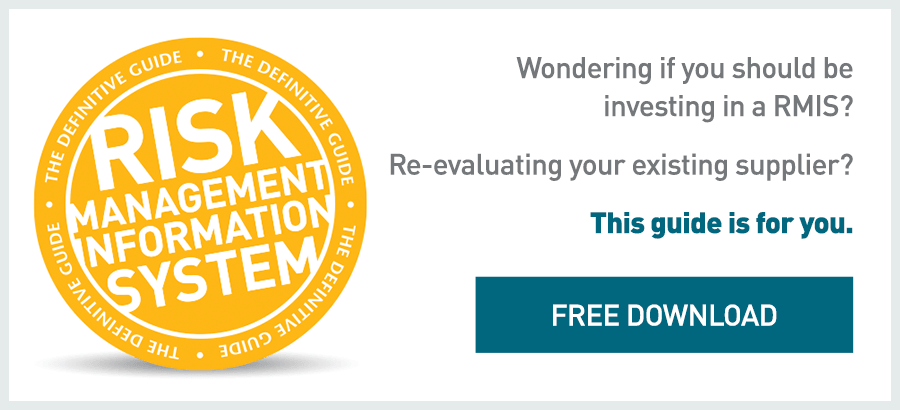
When compared to other historical periods, it might be possible to argue that we are really just entering the Information Age. Before the current age, the so-called Progressive Era lasted almost a century from 1890 until about 1980. Many historical scholars pinpoint the true dawn of the Information Age at about 2000, or when the Internet started becoming more common and accessible and computerized devices became pervasive. That means we've only really experienced the age of information for about a decade and a half.
What do historical ages have to do with predicting the outcome of insurance claims? It seems important to note that we really haven't been dealing with the complexities of data, especially big data, for that long. Some companies still don't have the tools in place to do it very well, and they still fly by the seat of their pants. However, the proper capture and analysis of data might be the best tool for predicting all sorts of business variables, including the outcome of claims.
Predictive Analytics: A Tool to Predict the Outcome of Claims
The theory is simple: The past is the best predictor of the future. Predictive risk management analytics software describes a set of tools that encompass a variety of statistical techniques. Analytics can help risk managers predict outcomes of all sorts of business action, including the outcome of insurance claims. According to IBM, this collection of statistical risk analysis software tools can be used to solve the most challenging and complex problems. Because we live in the Information Age, we are constantly bombarded by data, but in order to gain any truly useful information to help make decisions, we have to use analytics.
What about relying upon the experience of business experts? Of course, expert knowledge is still very valuable. However, data-driven knowledge can help risk managers spot trends and gain information outside of their own sphere of expertise. This might be compared to the way that sport talent scouts work. Good scouts use player's stats, and they filter the numbers through the lens of their own experience. It might even be possible to argue that a novice scout, with no experience, could make better decisions based upon stats than an experienced scout could make deprived of any historical data.
RiskConsole Data Analytic Tools for Risk Managers
At Ventiv Technology, we are quite aware that companies are practically drowning in data and still struggling with the best ways to manage and access it. One feature of RiskConsole to consider is the risk management system's data visualization tools. These tools help risk managers analyze data rapidly and accurately, uncover new insights and patterns, and best of all, make informed decisions in a timely manner. We know that you probably already have a lot of data, but the way you can use your data is what matters. Empower yourself, your team, and your company to make visionary choices. Have a look at our resource library, and see just how effective the right risk management information system software can be.










